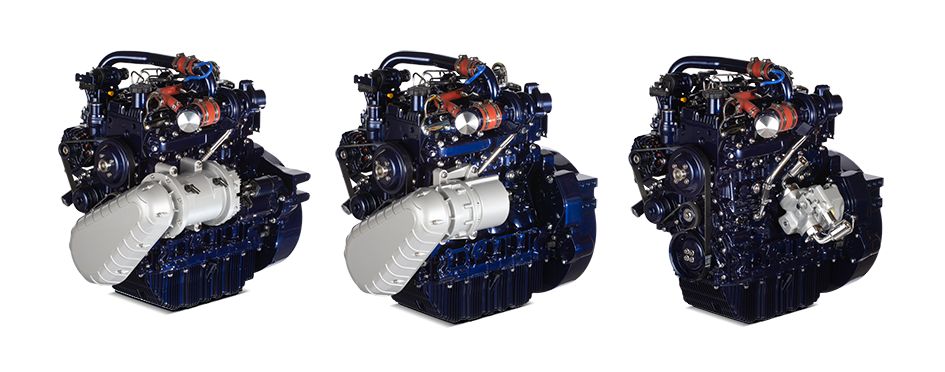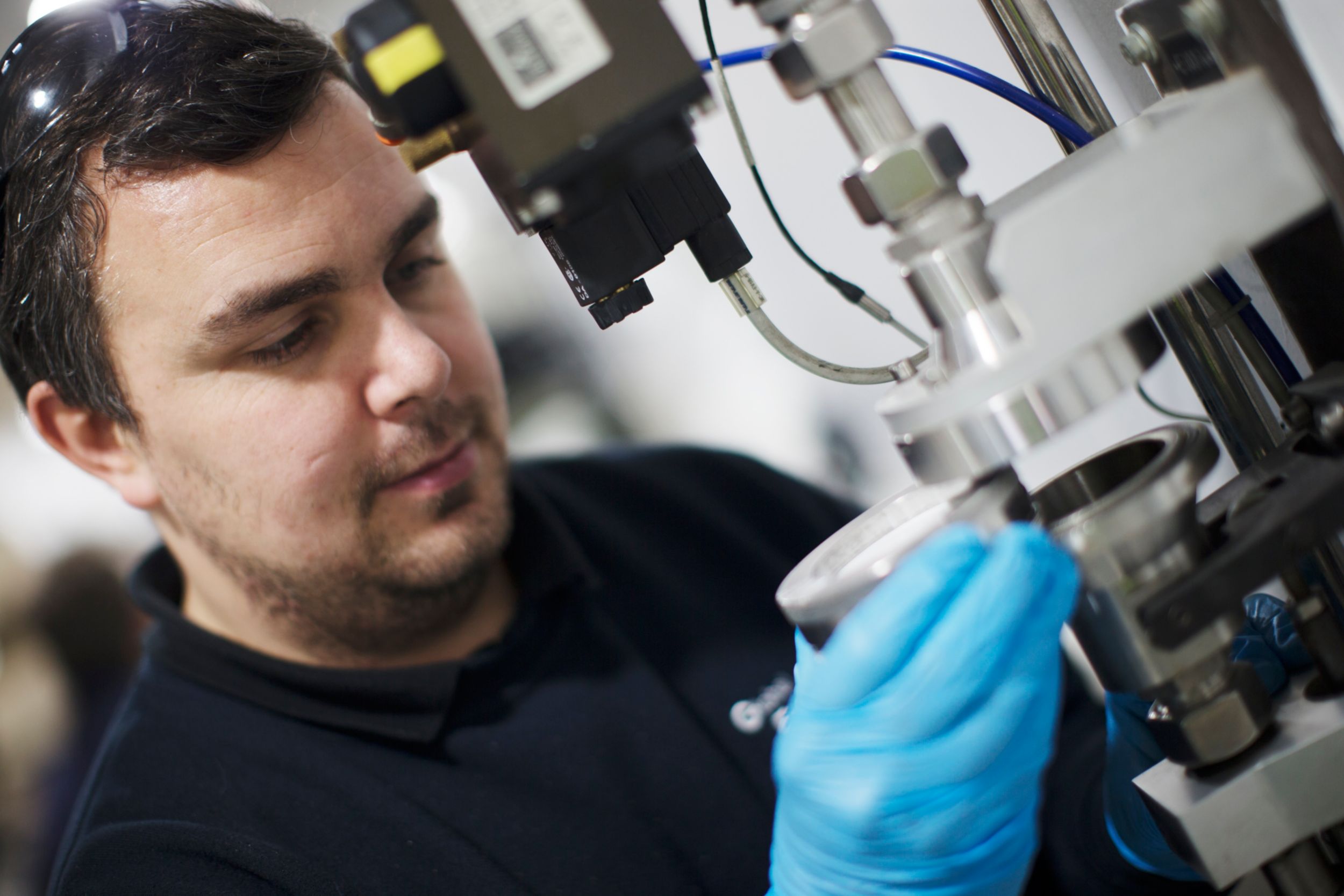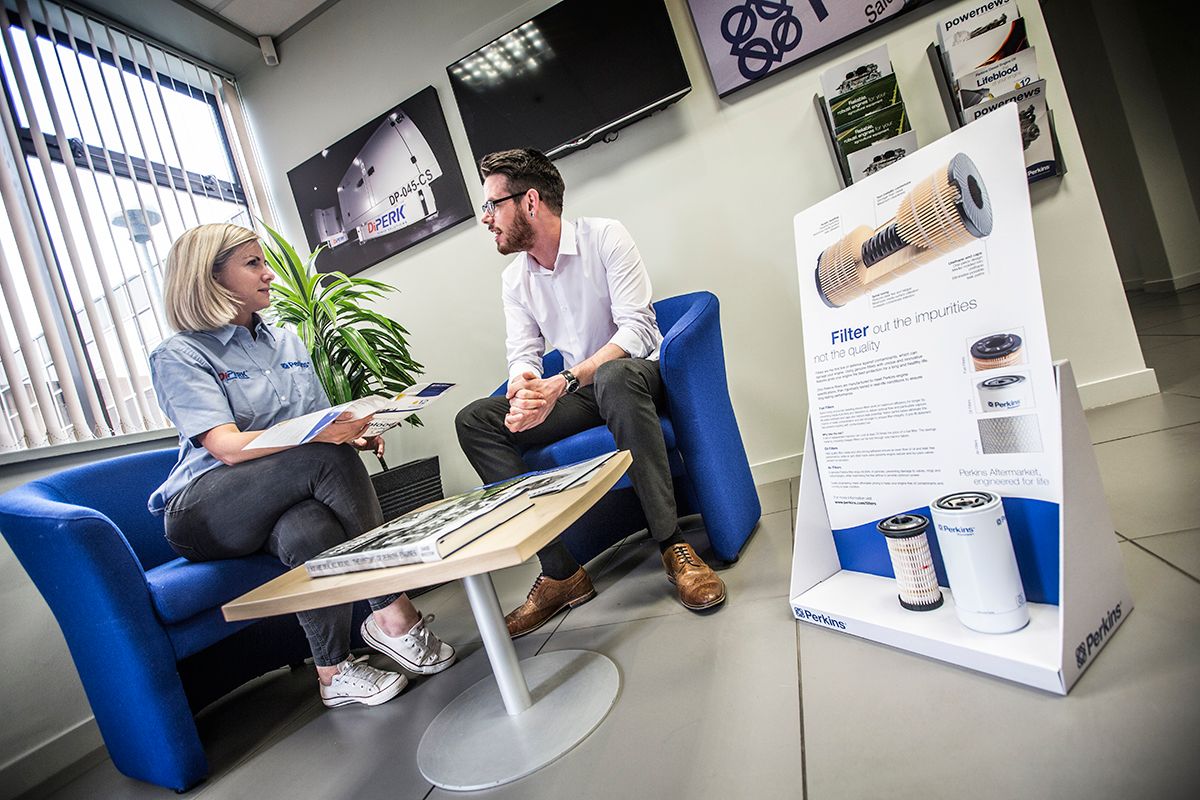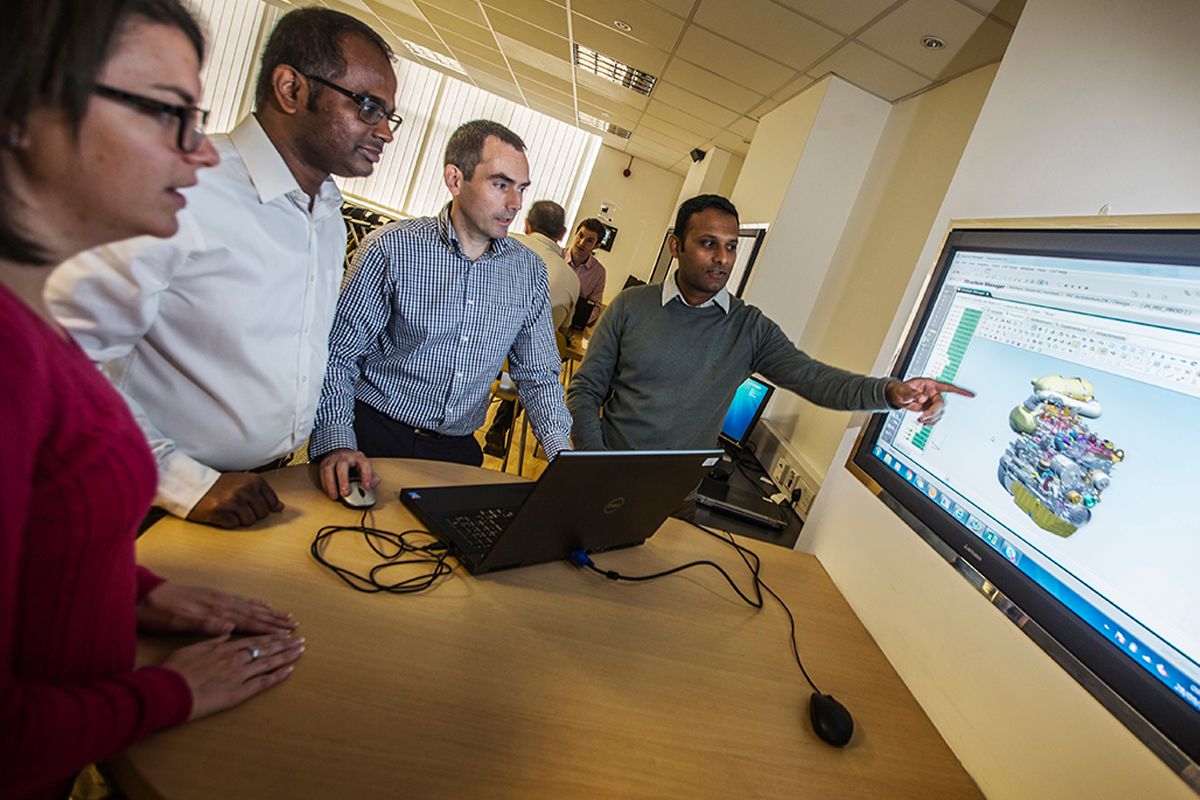Perkins® Syncro 2.8L and 3.6L top 10,000 machine hours
Customers can be confident our state-of-the-art new Perkins® Syncro engine will deliver on quality and reliability after the platform reached a significant validation milestone.
Perkins® Syncro engines set an impressive new standard for compact engines — not only in their unrivalled power density and flexible design, but also through a reimagined testing and validation process designed to reassure OEMs and end users that the platform is robust and reliable.
In the past, Perkins has provided this confidence by running engines on test beds for multiple hours.
However, with the development of more sophisticated engine technologies, software controls and architecture – like you see on the innovative Perkins Syncro range – we’ve taken the process up a level.

The new approach involves installing and running the engines in an internal fleet of nine applications, which includes a typical cross-section of agricultural and industrial machines.
The testing that follows has a number of facets. We carry out targeted tests on the engine installation, such as cooling checks, air system flow checks and electrical checks to validate it’s working as it should. Alongside that, we test its ability to start and perform in all conditions.

Dependable to the extreme
That’s why applications fitted with the Perkins Syncro 2.8L and 3.6L engines were taken to Sweden to verify their cold-start performance in Arctic conditions. At the other end of the thermometer, we put the engine through its paces in high temperatures similar to the summer heat of Texas. This gave us the confidence that the engine will operate in extreme conditions without concerns.
Another key area is endurance testing. This involves operating the machines for between six and 10 hours each day. Building up hours in this way helps uncover any issues that might only appear once the engine’s running hours have accumulated in real-world conditions.
In the face of this stringent new testing process, the Perkins Syncro 2.8L and 3.6L engines have proved their capabilities. With 10,000 hours of operation now under their belts, customers can feel confident they will perform reliably and robustly out in the field.
“It has been a very successful validation period for the Perkins Syncro 2.8L and 3.6L,” said machine validation lead Adriano Pacitti. “The engine crossed the threshold of 10,000 machine hours in one calendar year with no major issues, which is a huge achievement and reassures customers that the engine, installed in their machines, will deliver consistently, and meet any challenge.”
Perkins Syncro 2.8L and 3.6L – all you need to know
The Perkins Syncro 2.8L and 3.6L are part of a new family of engines developed to bring your business success. Offering outstanding power density in a compact package, the range has been designed to integrate seamlessly into existing, and future, generations of machine.
Our 4 cylinder 2.8 litre model provides a maximum of 55 kW (74 hp without an SCR system), while the 3.6 litre option achieves up to 100 kW (134 hp). Aimed at compact agricultural and industrial machines, the engines drive productivity and savings on every job.
The engine’s core can be customised, which means it can be used worldwide. It can be tailored to meet multiple emissions levels from EU Stage V to lesser-regulated areas — something that enables machine manufacturers to meet all their emissions needs within a single machine design.
Enhancing your business
The Perkins Syncro 2.8L and 3.6L validation milestones don’t mean the end of testing for the engines. The fleet will continue to run well into 2019 with the objective of resolving any last issues before the engine moves into production.
“Validating our engines so thoroughly ensures that when customers get their engine and build it into their machine, everything works satisfactorily without any technical, installation or reliability issues,” said Adriano.
“It means customers benefit from a durable and robust product that is proven to operate in a wide spectrum of operating conditions. This helps enhance the customer’s business, its reputation – and ultimately that of Perkins too.”
See more news...
-
Distributor locator
Your regional Perkins distributor can provide local, on-the-ground engine support.
Find your distributor -
Newsletter
Get the information you need to succeed. Subscribe for the latest industry trends, Perkins news, and engine advancements.
Sign-up for the newsletter -
Request Consultation
If you're ready to receive trusted advice from a Perkins expert, speak to our team today.
Connect with us







